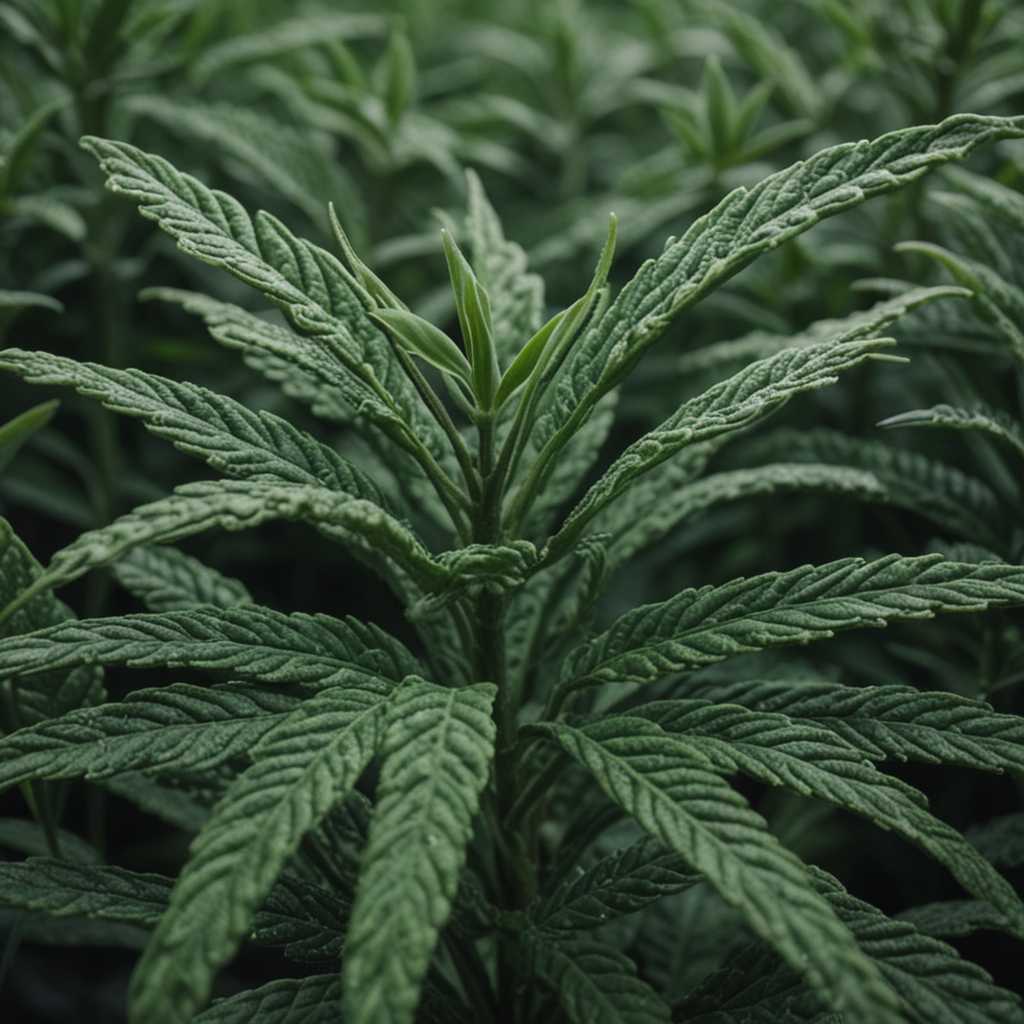10 Best Sesamum Orientale Preparations

The best medicinal preparations of Sesamum orientale are teas, decoctions, oils, tinctures, and creams, each offering unique therapeutic benefits.
Teas made from dried leaves or seeds are commonly used to promote digestion and reduce inflammation.
Decoctions involve boiling the herb for extended periods to extract its active compounds, enhancing its medicinal potency.
Sesamum orientale oil, often cold-pressed, is valued for its skin-nourishing and anti-inflammatory properties.
Tinctures and creams provide convenient ways to harness its healing properties for topical and internal use.
Below there's a list of the 10 best herbal preparations of sesamum orientale for medicinal purposes.
1. Teas
Sesamum orientale teas is commonly used to alleviate digestive issues, reduce inflammation, and support cardiovascular health.
The most common medicinal uses of this herbal preparation include treating indigestion, constipation, hypertension, and skin conditions such as eczema. It is also used to manage stress and promote relaxation due to its calming effects. The bioactive constituents responsible for these medicinal properties include sesamin, sesamolin, lignans, and various antioxidants.
These compounds contribute to its anti-inflammatory, antioxidant, and cholesterol-lowering effects.

2. Decoctions
Sesamum orientale decoctions is commonly used to treat digestive disorders, respiratory infections, and skin conditions.
These decoctions are prepared by boiling the seeds or leaves in water to extract their active compounds. The most common medicinal uses include alleviating symptoms of coughs, asthma, and gastrointestinal issues such as indigestion and inflammation. Bioactive constituents such as sesamin, sesamolin, and various flavonoids contribute to its anti-inflammatory, antioxidant, and antimicrobial properties.
These compounds help reduce inflammation, support immune function, and promote overall health.

3. Oils
Sesamum orientale oils is commonly used to treat a variety of health conditions, including skin disorders, digestive issues, and inflammation.
The oils are widely applied topically for their soothing effects on the skin and internally for their digestive benefits. Common medicinal uses include the treatment of eczema, psoriasis, and gastrointestinal discomfort. The bioactive constituents responsible for these effects include sesamin, sesamolin, and other lignans, which possess antioxidant and anti-inflammatory properties.
Additionally, the oils contain essential fatty acids that contribute to their therapeutic value.

4. Tinctures
Sesamum orientale tinctures is commonly used to treat digestive issues, inflammation, and skin conditions.
These tinctures are often employed in traditional medicine to alleviate symptoms of indigestion, gastritis, and skin infections. The bioactive constituents responsible for these effects include sesamin, sesamolin, and various antioxidants. These compounds possess anti-inflammatory, antimicrobial, and hepatoprotective properties.
Additionally, they may support cardiovascular health and help regulate blood sugar levels.

5. Creams
Sesamum orientale creams is commonly used to treat skin conditions and promote wound healing due to their anti-inflammatory and antimicrobial properties.
These creams are often applied to address ailments such as eczema, psoriasis, and minor cuts or burns. The most common medicinal uses include reducing inflammation, soothing irritated skin, and preventing infections. The bioactive constituents responsible for these effects include sesamin, sesamolin, and various antioxidants that help combat oxidative stress.
Additionally, the presence of essential fatty acids contributes to the moisturizing and healing properties of the cream.

6. Capsules
Sesamum orientale capsules is commonly used to support digestive health, reduce inflammation, and promote cardiovascular wellness.
These capsules are widely utilized to treat ailments such as indigestion, constipation, and high cholesterol. The bioactive constituents responsible for these medicinal properties include sesamin, sesamolin, and various antioxidants. Additionally, the capsules may help in managing oxidative stress and improving liver function.
These compounds work synergistically to provide the plant’s therapeutic benefits.

7. Oinments
Sesamum orientale oinments is commonly used to treat skin infections, inflammation, and wounds due to their antimicrobial and anti-inflammatory properties.
These oinments are frequently applied for conditions such as eczema, psoriasis, and minor burns. The most common medicinal uses include alleviating skin irritations, reducing swelling, and promoting healing of damaged tissues. The bioactive constituents responsible for these effects include sesamol, sesamin, and various unsaturated fatty acids, which exhibit antioxidant and anti-inflammatory activities.
These compounds work synergistically to enhance the therapeutic benefits of the herbal preparation.

9. Syrups
Sesamum orientale syrups is commonly used to treat respiratory and digestive disorders, as well as to alleviate symptoms of inflammation and stress.
The most common medicinal uses include treating coughs, bronchitis, asthma, gastrointestinal issues like indigestion and ulcers, and as a nervine tonic to reduce anxiety and promote relaxation. The bioactive constituents responsible for these effects include sesamol, sesamin, lignans, and various antioxidants, which exhibit anti-inflammatory, antimicrobial, and antioxidant properties. These compounds help in reducing oxidative stress, improving lung function, and supporting digestive health.
Additionally, the syrup's soothing properties make it effective in calming the respiratory tract and easing digestive discomfort.

10. Mucillages
Sesamum orientale mucillages is commonly used to treat digestive disorders, respiratory infections, and skin conditions due to its soothing and healing properties.
The mucillages are often applied topically for wounds, burns, and inflammation, while internally they help alleviate gastrointestinal issues such as ulcers and constipation. Common ailments treated with this preparation include coughs, sore throats, and inflammatory skin diseases like eczema and psoriasis. The bioactive constituents responsible for its medicinal effects include mucilage polysaccharides, which have emollient and anti-inflammatory properties, as well as flavonoids and alkaloids that contribute to its antimicrobial and antioxidant activities.
These compounds work synergistically to provide the plant's therapeutic benefits.
